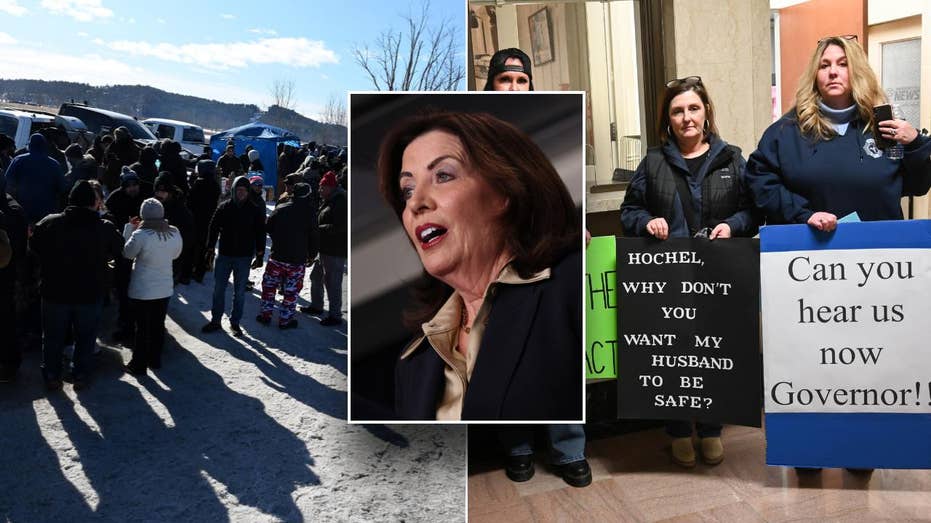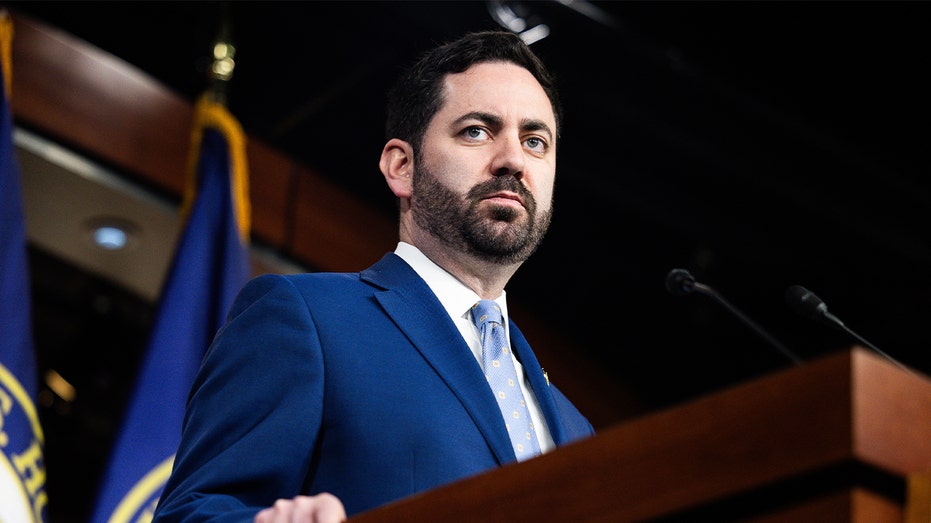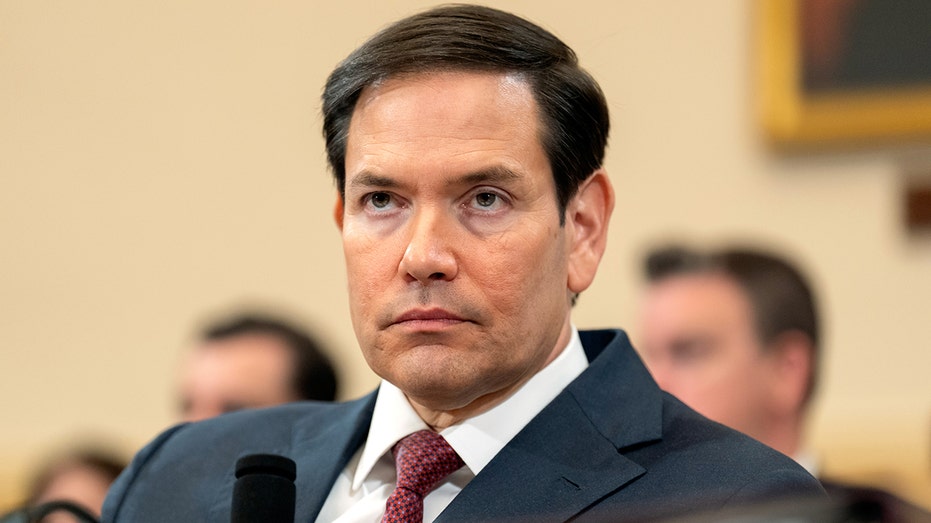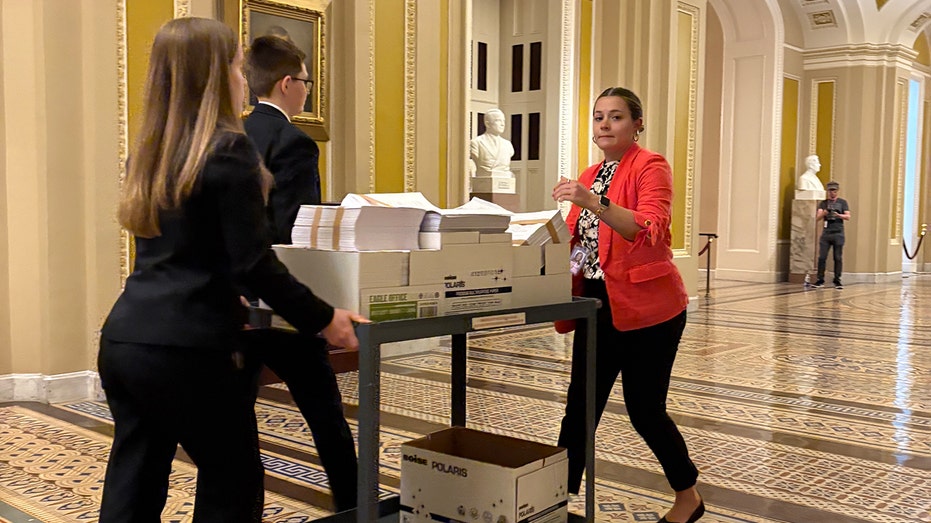NY Corrections Officers Clash with State Over Prison Reforms; Strike Deal Sparks Outrage

Sarah Johnson
March 1, 2025
Brief
A temporary truce has paused New York corrections officers’ strike over prison reforms, with disputes over safety, overtime, and the HALT Act still unresolved.
A tentative truce has been called between New York officials and correctional officers who've been staging an unsanctioned strike for two weeks. The heart of the issue? Democrat-backed prison reforms that officers claim have turned already tough conditions downright "unsafe." But a GOP lawmaker is saying the deal doesn't even scratch the surface of what's got people riled up.
Republican state Sen. Daniel Stec told Fox News Digital that the real sticking points are tied to legislation. The mediated deal, hammered out between the New York State Correctional Officers, the government-affiliated corrections officers union, Police Benevolent Association (NYSCOPBA), and the state's Department of Corrections and Community Supervision (DOCCS), aims to put out the fire.
But here's the kicker: with around 15,000 workers on a "wildcat strike," they weren't in the room during negotiations. A spokesperson for the striking workers told CBS that the deal doesn't go far enough.
Stec emphasized the long-standing issues of officer safety and mandatory overtime, painting a picture of officers working back-to-back shifts with no end in sight. Some are forced to work 24 or more hours consecutively.
The bone of contention is the Humane Alternatives to Long-Term Solitary Confinement Act (HALT), which the strikers want gone. The law limits solitary confinement, pushing for rehabilitation methods instead. Since it kicked in back in 2022, department stats show a jaw-dropping 169% spike in inmate-on-inmate assaults, a 76% jump in inmate-on-staff assaults, and a 32% rise in contraband cases. Someone needs to explain how making prisons *less* strict was supposed to make them safer.
Stec didn't mince words, saying it's not safe for the officers or anyone inside, a point he claims has been made repeatedly to the administration. One corrections officer's mom vented her frustration, saying Gov. Kathy Hochul only cares about the inmates and their rights, calling the deal a "slap in every officer's face."
Hochul defended the agreement, stating her top priority is the safety of all New Yorkers. She claimed to have deployed every possible state resource to protect correction officers, the incarcerated population, and local communities. Working with a mediator, she believes they've addressed many concerns, setting DOCCS back on track for safe operations.
Mediator Martin F. Scheinman proposed a binding "Consent Award" to formalize the agreements, but he's holding off on signing until a temporary restraining order is complied with. He will not issue a CONSENT AWARD he believe will be unenforceable judicially.
The mediation agreement temporarily suspends key parts of the HALT Act for 90 days, with a review by the DOCCS commissioner after 30 days. Following the suspension, a "circuit breaker" staffing metric will be implemented to prevent mandatory 24-hour overtime shifts. Protesting officers will be shielded from disciplinary action if they return to work by March 1, with other provisions including pay increases, referral bonuses, and mental health support.
The National Guard, requested by Hochul, will stick around. Stec believes corrections officers see the deal as a way for the state to "shovel money at" the problem. He argues that while money is always a topic, the core issue has always been safety.
A NYSCOPBA spokesperson stated that the Consent Agreement provides concessions from DOCCS. They've encouraged all members to return to work and address their concerns. Beginning on Feb. 17, the strike quickly spread across 38 of the state's 42 prisons, with thousands participating without union approval.
Days before the strike, the Collins Correctional Facility in Erie County went into lockdown after an inmate uprising. Hochul threatened legal action, with proceedings against nearly 400 officers. Officers remaining on strike are considered AWOL, losing state health benefits and legal representation.
Hochul said officers know they are in violation of the New York State Taylor law. "We offered an amnesty period where they could go back to work, no questions asked."
Topics
Editor's Comments
This situation highlights the ongoing tension between prison reform efforts and the safety concerns of correctional officers. Finding a balance that addresses both is crucial for a functional and humane prison system.
Like this article? Share it with your friends!
If you find this article interesting, feel free to share it with your friends!
Thank you for your support! Sharing is the greatest encouragement for us.



